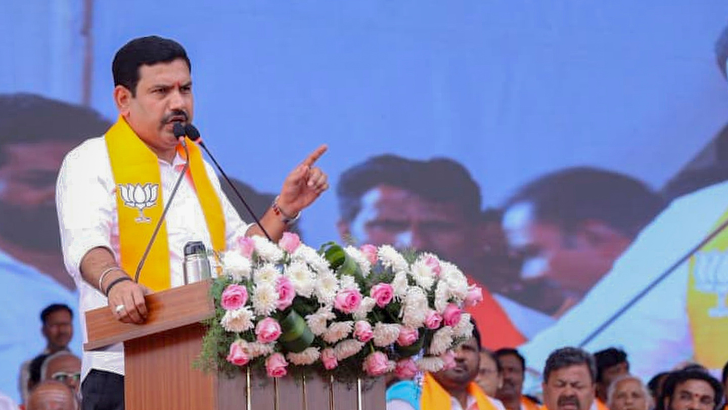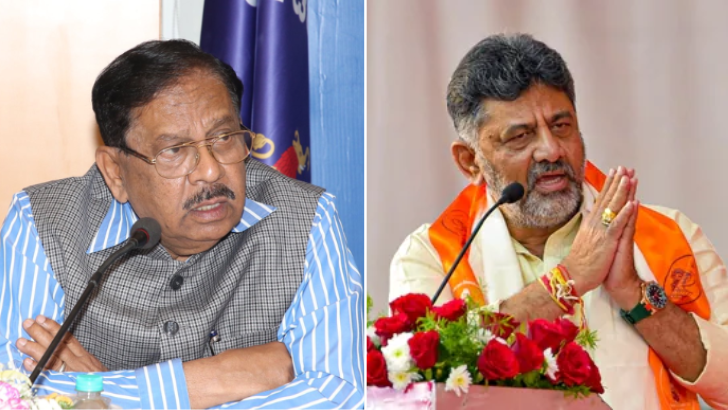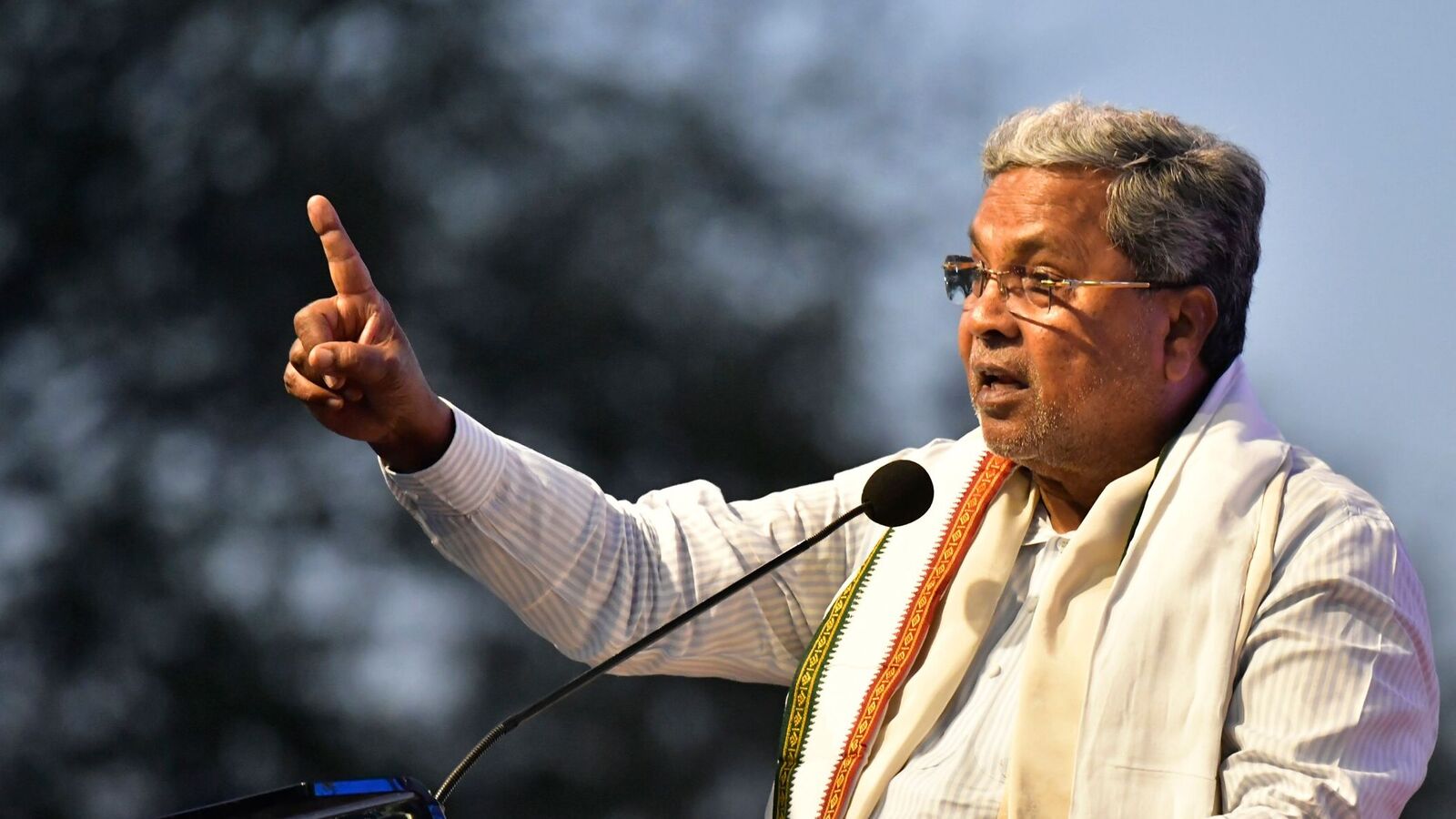President, Guvs only titular heads: Karnataka to SC
Karnataka told the Supreme Court that the President and Governors are only titular heads bound by ministerial advice, warning against any unqualified veto or colonial-era powers.
PTI
-
Photo | PTI
Bengaluru, 9 Sept
The State government told the Supreme Court on Tuesday that under the constitutional scheme, the President and Governors are only "titular heads" and are bound to act on the advice of the Council of Ministers, both at the Centre and in the States.
Senior advocate Gopal Subramanian, appearing for Karnataka, told a five-judge Constitution bench headed by Chief Justice (CJI) BR Gavai, said that Article 361 granted immunity to President and governors from any criminal proceeding, for they did not perform any executive function and when it came to Governor's satisfaction required for acting on bills passed by assembly, it meant satisfaction of the council of ministers.
Referring to verdicts, he said neither the President nor the governors exercised executive power in their personal capacity. The Constitution, he said, did not envisage “parallel administrations” or allow governors to override elected governments.
Referring to the 44th constitutional amendment, he said it permitted the President to send ministerial advice back for reconsideration, but it ultimately bound her to accept the bill.
He said if the Centre’s submissions were to be accepted, then governors would be above judicial review, becoming an "all-pervading authority".
“The Governor is not an agent of the union but takes oath for the well-being of the state,” he submitted, cautioning against resurrecting such a doctrine and harking back to colonial frameworks.
Referring to Article 200, he said the Constitution provided only three options: granting assent, returning the bill for reconsideration or reserving it for the President. “There is no fourth option of withholding assent indefinitely. Any suggestion of an unqualified veto is antithetical to the Constitution,” he added.
He warned that even money bills, which deal with urgent financial matters such as salaries, could not be kept pending.
“Could one imagine a Governor sitting over a money bill for 10 months?” he asked, pointing out the constitutional urgency attached to such legislation.
Leave a Reply
Your email address will not be published. Required fields are marked *








.png)


.png)





 (1).png)


